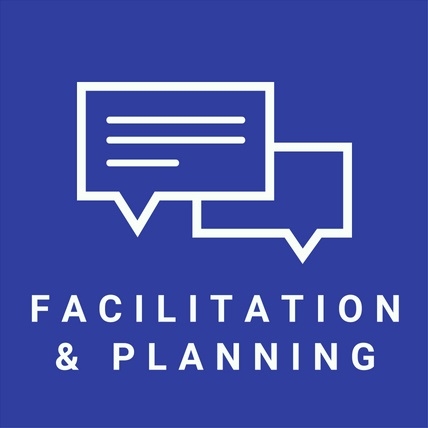Projects
CCBR typically has 15-20 ongoing projects and has completed over 500 projects since 1982. Each project is guided by our commitment to impacting social change in practical and powerful ways. We conduct research with people not on people, cultivating respect with communities at every step of the process.
Projects can be searched for using words from the project title or using the service area, theme, or date range for the project. You can also type 'Service Area' or 'Theme' into the search bar to get a list of options in each of these fields.
Projects
CCBR partnered with Mercy Corps, Conrad Grebel University College, and Community Justice Initiatives to conduct youth-led action research within a 26-month program designed to increase community security and reduce violence within four communities in the country of Haiti.
The purpose of this project was to design and conduct a developmental evaluation of an innovative inter-agency collaborative that developed and tested an integrated system of support for people with developmental disabilities/dual diagnosis (DD/DD) accessing homeless shelters. The evaluation was funded by Ontario Local Poverty Reduction Fund via Community Living Brampton Caledon.
CCBR supported Carizon in developing and implementing annual evaluations of the Ontario Network of Community Action Program for Children and the Canada Prenatal Nutrition Program. In 2022, in addition to the core evaluation, CCBR conducted a special project, using the lens of Equity, Diversity and Inclusion to collaboratively assess how CAPC/CPNP projects can better respond to their changing communities.
This research project provided a reliable baseline estimate for the prevalence of homelessness and housing instability in Belleville, and a demographic description of the population experiencing homelessness and housing instability. This research was funded by the County of Hastings via Bridge Street United Church Food Ministry.
CBR provided training, coaching, and resourcing to project researchers, community supporters, and youth researchers. The work was funded by INSPIRIT Foundation.
The Circle of Lifelong Learning Camp (CLL) was evaluated using surveys, focus groups, and sharing circles. The evaluation was funded by the Waterloo Indigenous Student Centre at St. Paul’s University College.
This evaluation explored the outcomes achieved by those that attended the events and highlighted the features of the planning process and design that helped make the event successful. The evaluation was funded by the Central Region Community Network of Specialized Care.
The purpose of this training and familiarization visit to Canada was to engage in learning about capacity for university-community engagement and build ongoing networking relationships between organizations active in community-based research. The project was funded by SILE.
The purpose of this evaluation was to assess the implementation and outcomes of the Common Thread Initiative, a team-based, problem solving approach to making evidence-based decisions that best support persons with a dual diagnosis and challenging behaviours in a residential program in Central West Ontario. The evaluation was funded by the Central West Community Network of Specialized Care.
This SSHRC-funded project was a two-year provincial research collaboration to study and promote partnerships among faith-based groups and government-funded immigrant settlement organizations. Research activities included surveys, focus groups and case studies, while knowledge mobilization activities promoted effective faith/settlement partnership within policy and practice.












